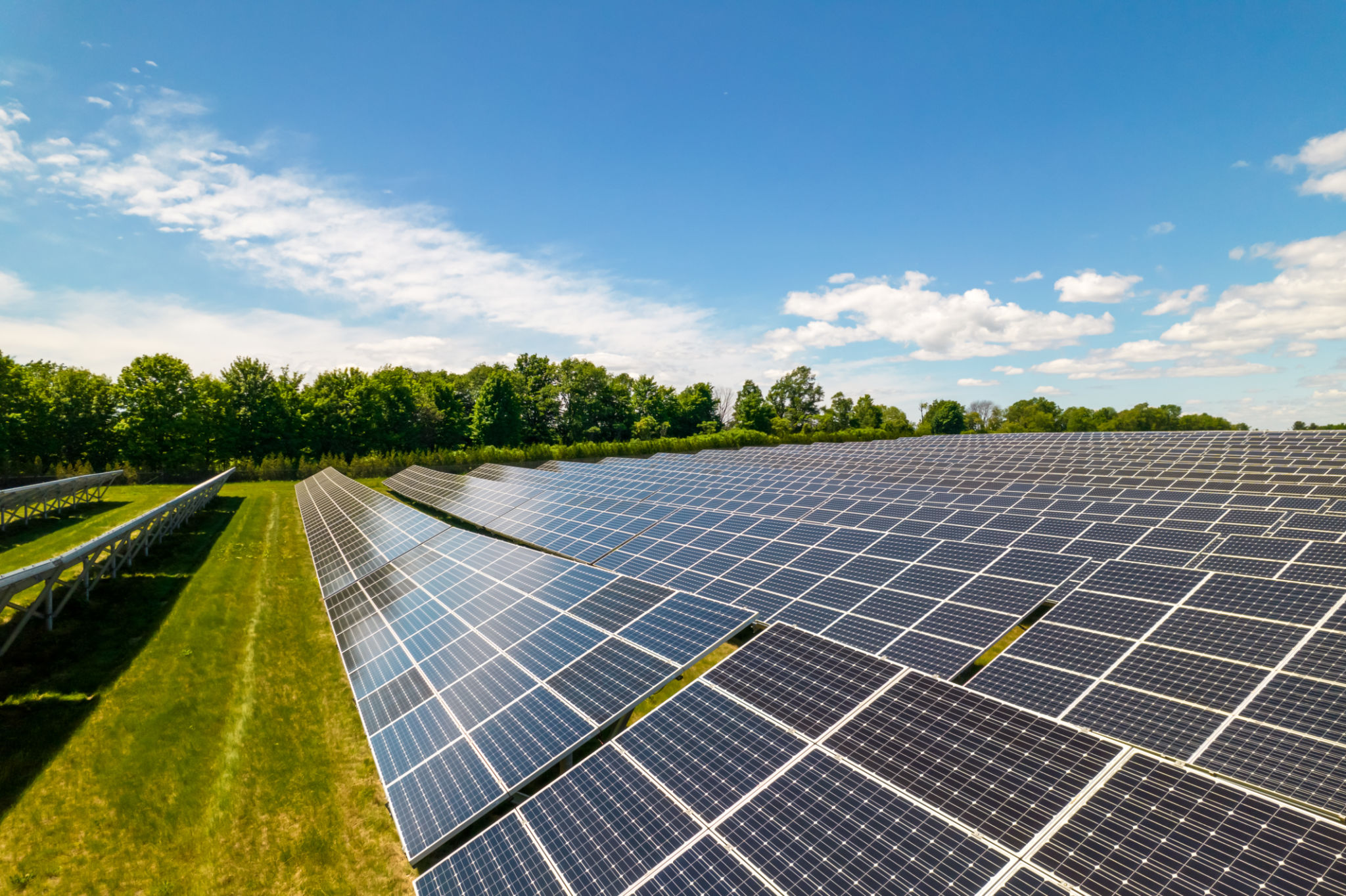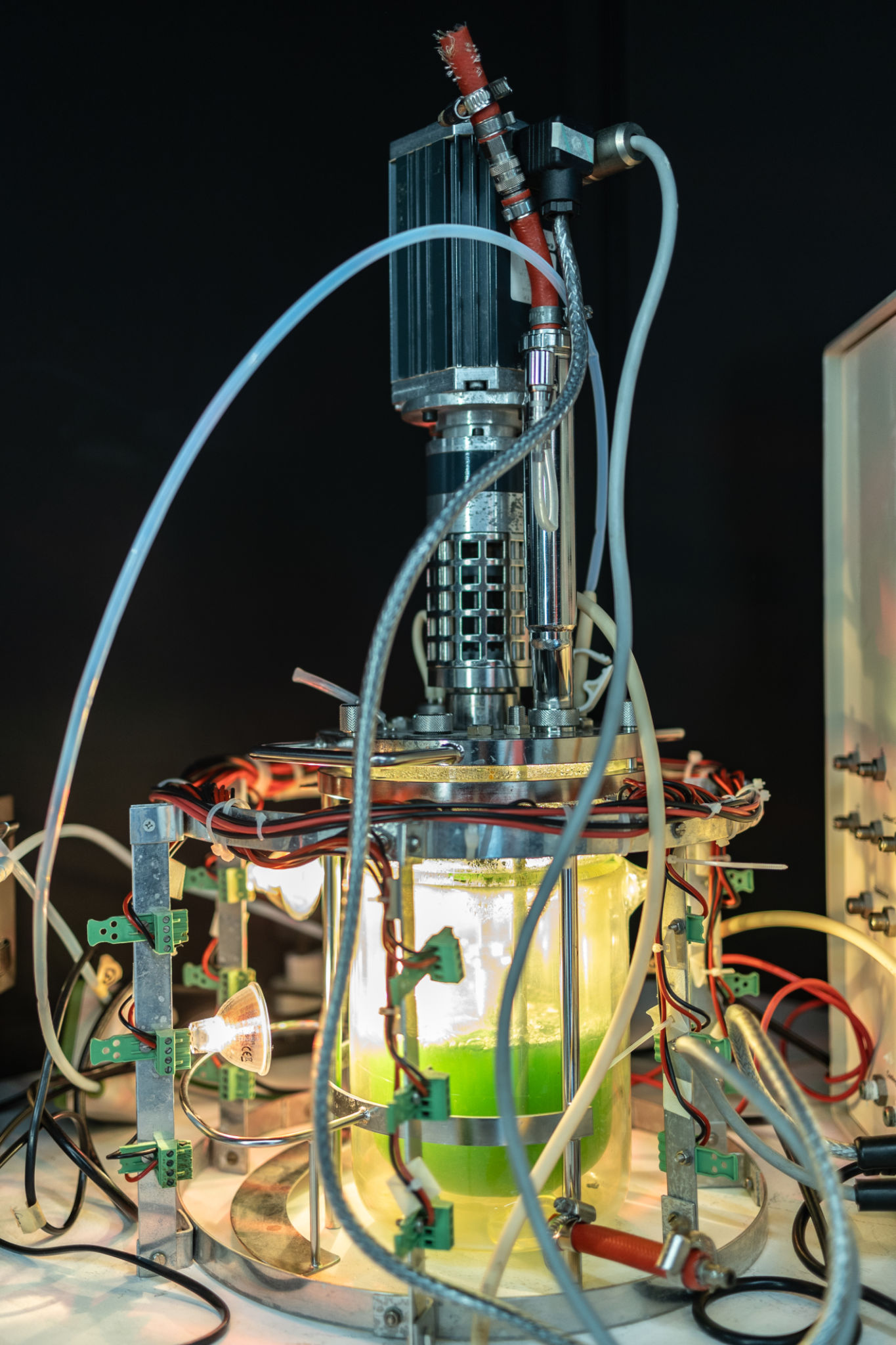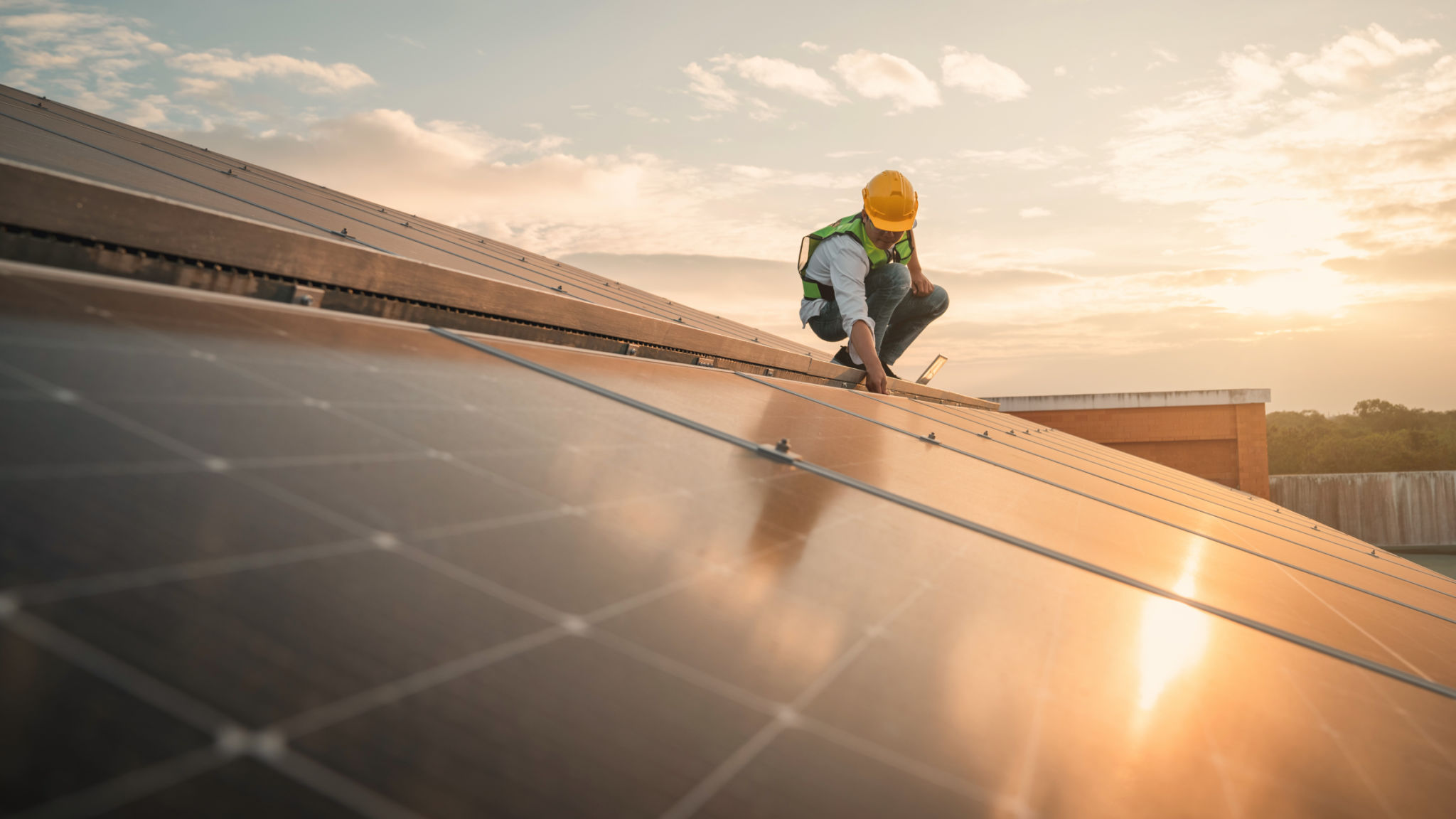Preparing Your Home for Solar: A Comprehensive Checklist for Light Regional Council
Understanding Solar Energy Benefits
As homeowners in Light Regional Council explore sustainable energy options, solar energy emerges as a leading choice. Solar panels can significantly reduce electricity bills, increase property value, and contribute to a greener planet. With the council's abundant sunlight, harnessing solar energy is both a practical and environmental investment.

Before installing solar panels, understanding the benefits fully can motivate you to take the necessary steps. Not only do solar installations provide financial savings, but they also offer energy independence from the grid. Additionally, government incentives may further reduce the cost of installation.
Assessing Your Home’s Suitability
The first step in preparing your home for solar is assessing its suitability. Consider factors like roof orientation, angle, and shading. Ideally, a south-facing roof without obstructions like tall trees or buildings is perfect for maximum sunlight exposure.
It's also important to evaluate the structural integrity of your roof. Solar panels are a long-term investment, so ensuring your roof can support them for decades is crucial. If necessary, consult a structural engineer to assess and reinforce your roof’s capability.

Understanding Local Regulations and Incentives
Before proceeding, familiarize yourself with local regulations concerning solar installations within the Light Regional Council. Check for any required permits or restrictions that might affect your installation plans. It's wise to stay informed about any zoning laws or homeowners’ association rules that could impact your project.
Explore available financial incentives such as tax credits or rebates offered by the government or local energy providers. These incentives can significantly lower the initial cost of solar installation and improve your return on investment.
Choosing the Right Solar System
Selecting the appropriate solar system involves considering your household's energy needs, budget, and available space. Consult with solar energy professionals to receive tailored advice on the type and size of the system that best suits your home.

Deciding between a grid-tied system, which connects to the local electricity grid, or an off-grid system, which operates independently, is also important. Each option has its advantages and should be chosen based on your specific energy goals and requirements.
Preparing for Installation Day
Once you have selected your solar system and navigated through regulations, it's time to prepare for installation day. This involves clearing any obstacles around your roof and ensuring easy access for installers. Ensure that pets and children are kept safe during the installation process.
Coordinate with your solar installation team to understand the timeline and any additional preparations needed for a smooth setup. Communication is key to ensuring that the process is seamless and efficient.

Post-Installation Considerations
After installation, it's essential to understand how to monitor and maintain your solar system. Familiarize yourself with the monitoring software provided to track energy production and consumption. Regular maintenance checks will ensure your system operates efficiently for years to come.
Keep in mind that solar panels have a long lifespan but may occasionally require cleaning or minor repairs. Establish a maintenance routine or service agreement with your installer to address any future needs.
Embracing a Sustainable Lifestyle
With solar energy powering your home, consider adopting other sustainable practices to enhance your eco-friendly lifestyle. Reducing energy consumption through energy-efficient appliances or insulating your home can further increase your savings and reduce environmental impact.

Solar power is more than just an investment in technology; it's a commitment to a sustainable future. By preparing your home properly and understanding all facets of solar energy, you are contributing positively to both your community and the environment.